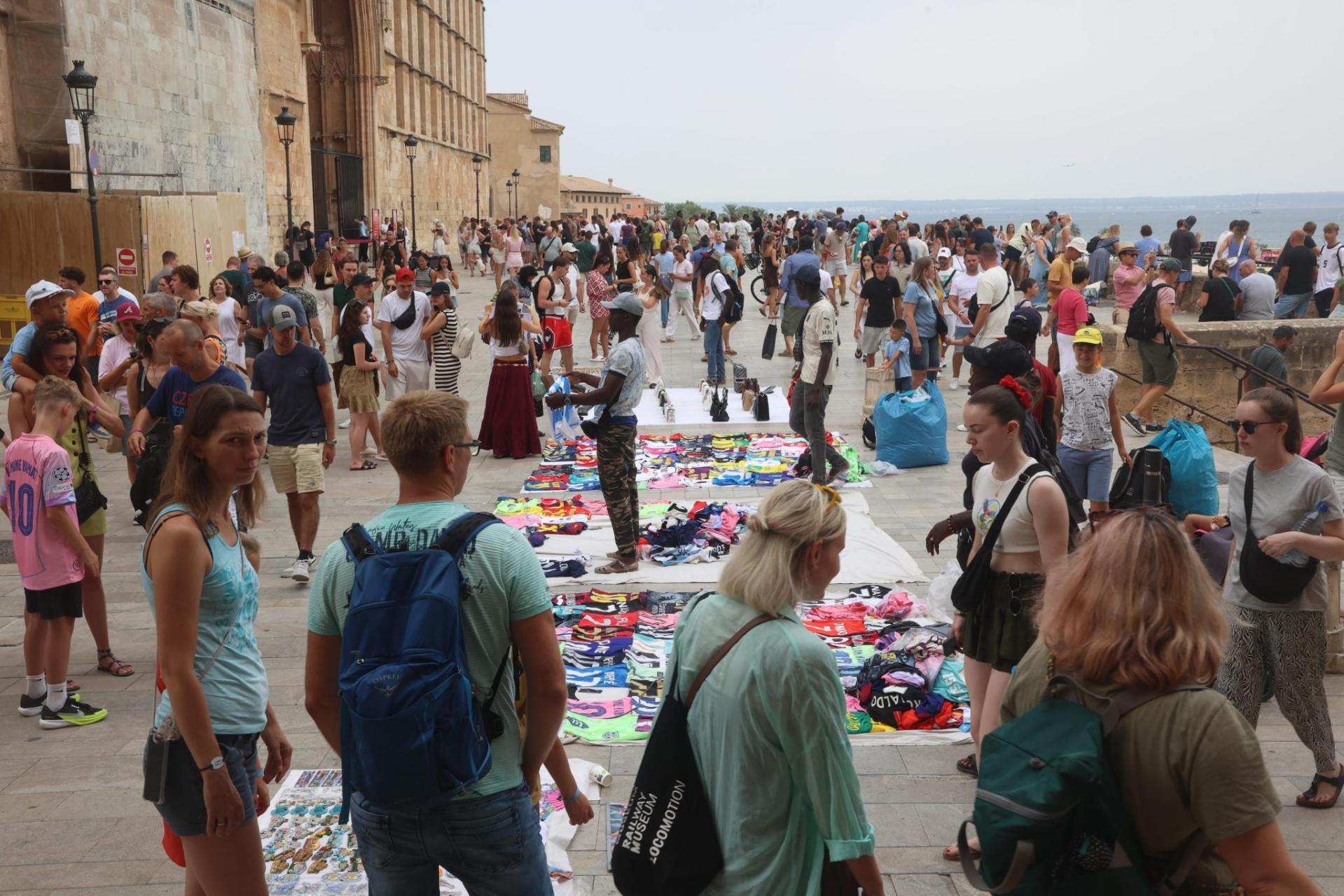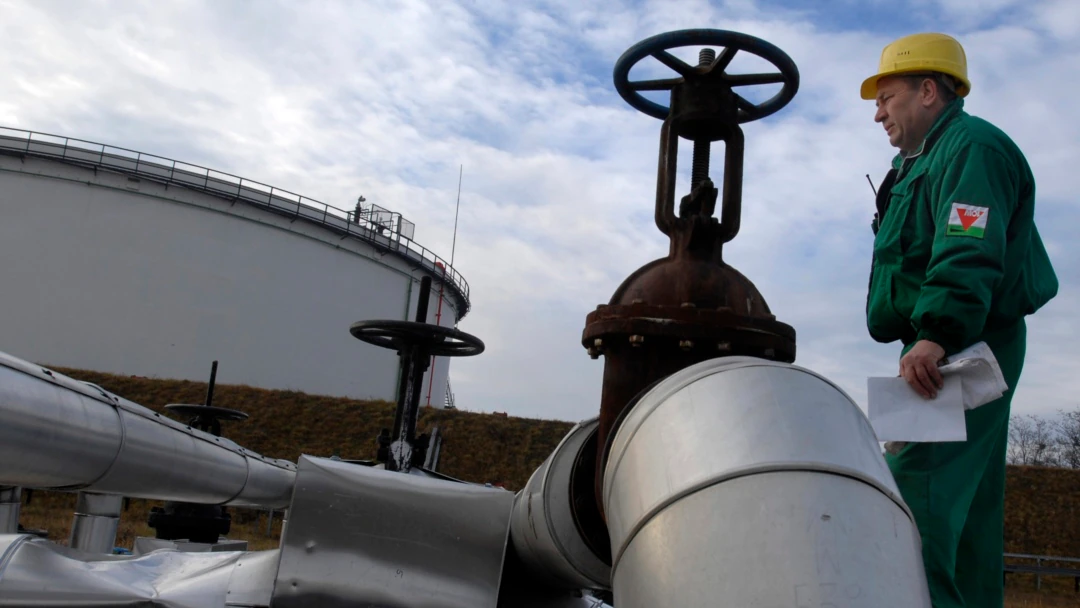Growing public dissatisfaction with tourism : A survey that tells the Balearic Government nothing it didn’t already know
By Andrew Ede
Copyright majorcadailybulletin

The Balearic Government’s latest survey of residents’ tourism opinion points to a growing dissatisfaction. 38.8% of the public is openly dissatisfied; 42% agreed or strongly agreed with the statement ‘I am very satisfied with tourism’; the rest were neutral.
The government’s AETIB tourism strategy agency asked the questions, and it got results it would have been anticipating. Little from this survey comes as any surprise. Details to do with, inter alia, hire cars, cruise ships, holiday rentals, impact on housing, the tourist tax reflect opinion already given in other surveys. The AETIB survey will attract greater attention precisely because it is a government survey and because it might be felt that the results will shape government actions and measures.
Might be felt, but to take two items of detail – holiday rentals and tourist tax – there has been evidence of a government having indicated action only to then not take it. The Partido Popular had always been against the tourist tax, but it opted to maintain the tax after taking power in 2023. It did so because it recognised there was public opinion in favour of the tax. While a deterrent impact of the tax is certainly open to debate, the PP had raised the possibility of an increase in high-summer rates. More than just a possibility; President Prohens was all in favour. That was before Vox prevented an increase.
On holiday rentals, the government had signalled the possibility of banning all apartment lets. It didn’t, and again the politics of its minority hold over parliament were key.
A growing dissatisfaction, but then there is the understanding of tourism’s contribution. 86% believe tourism generates wealth and income. The economic model of the Balearics determines this. Both strength and weakness, the government’s desire – as stated when launching its so-called sustainability pact – was to examine this model going forward. There is a desire for diversification. But to what?
The government will point to some measures, e.g. those in respect of vehicle arrivals, but little or anything of substance has emerged from the pact. It will perhaps take note of some 90% being in favour of measures to tackle tourism seasonality through a redistribution of tourists from high to low season. In this regard, it can point to minimal growth in high-summer tourist numbers, as was the case this July, and to increased numbers in the low season. However, that increase has owed much to the German market, which has now gone into reverse.
The survey will tell the government nothing it wasn’t already aware of. Even so, the findings should contribute to the deliberations of the sustainability pact, a mechanism that has thus far proved to be of little consequence.



